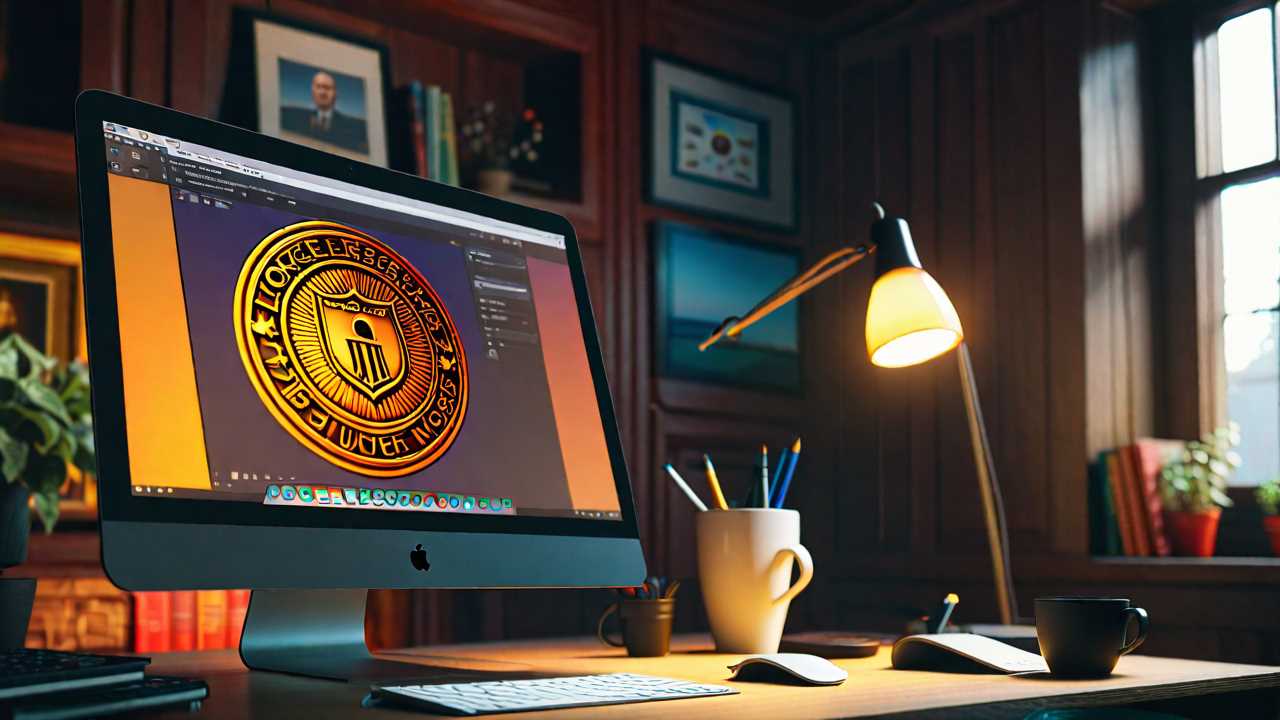Entertainment
How Can I Protect My Creative Work From Copyright Infringement?

When it pertains to safeguarding your creative work from potential copyright violations, considering the vast digital landscape and the ease of sharing content, it’s important to be proactive in protecting your intellectual property. By taking a few strategic steps and understanding your rights, you can establish a solid defense against infringement. From registering your work to leveraging digital tools and actively monitoring for unauthorized use, there are key practices that can significantly bolster your defenses. But what else can you do to fortify your creative endeavors and guarantee they remain safe from exploitation?
Understanding Copyright Basics
To protect your creative work from copyright infringement, it’s important to understand the basics of copyright law. Copyright automatically applies to original works once they’re created and fixed in a tangible form, such as a written document, digital file, or recorded video. This means that your work is protected without the need for registration or any formalities.
However, having a clear understanding of what copyright covers is key. It gives you the exclusive right to reproduce, distribute, perform, and display your work. Understanding fair use, which allows limited use of copyrighted material without permission for purposes such as criticism, comment, news reporting, teaching, scholarship, or research, is also crucial.
Being aware of copyright duration, which typically lasts for the author’s life plus 70 years, ensures that your rights are protected for an extended period. By grasping these fundamental aspects of copyright law, you can safeguard your creative endeavors and enjoy the freedom to share your work without fear of infringement.
Registering Your Creative Work
Consider registering your creative work with the appropriate copyright office to further solidify your legal protections and establish a public record of ownership.
Registering your work provides you with a stronger legal standing if you need to take legal action against copyright infringement. It serves as prima facie evidence in court, making it easier to prove ownership.
The process typically involves submitting a copy of your work, filling out a form, and paying a fee.
Implementing Digital Protection Measures
When safeguarding your creative work from potential copyright infringement, one essential aspect to address is implementing digital protection measures to secure your content online.
To help fortify your creations against unauthorized use or distribution, consider the following measures:
- Watermarking: Embedding visible or invisible marks into your work can deter individuals from claiming it as their own.
- Encryption: Utilize encryption tools to safeguard your files and restrict access to authorized users only.
- Digital Rights Management (DRM): Implement DRM solutions to control how your content is accessed, copied, or shared.
- Regular Monitoring: Stay vigilant by regularly monitoring online platforms for any unauthorized use of your work.
- Secure Backup: Make sure you have secure backups of your original creations to prevent loss or tampering.
Enforcing Your Copyright Rights
Implementing proactive measures to enforce your copyright rights is essential in safeguarding your creative work from unauthorized use or reproduction. One vital step in enforcing your copyright is monitoring your work for any instances of infringement. Regularly searching online platforms, social media, and marketplaces can help you identify unauthorized use quickly.
If you discover infringement, document the evidence meticulously, including timestamps and screenshots, to build a strong case.
After documenting infringement, consider sending a cease-and-desist letter to the infringing party. This formal notification informs them of the violation and requests them to stop using your work without permission.
If the situation escalates, you may need to seek legal assistance. Consulting with a copyright attorney can provide you with guidance on the best course of action to take, whether it involves sending a formal legal notice or pursuing litigation.
Frequently Asked Questions
Can I Use a Copyright Symbol Without Registering My Work?
You can use a copyright symbol without registering your work, but it doesn’t provide legal protection. Registering your creative work with the copyright office offers stronger protection and allows you to pursue legal action against infringement.
Is It Necessary to Renew Copyright Protection Periodically?
Yes, it is essential to renew copyright protection periodically to maintain legal rights over your creative work. Failing to do so could leave your work vulnerable to infringement and limit your ability to enforce rights.
How Can I Prove Ownership of My Creative Work?
To prove ownership of your creative work, keep dated records like drafts, sketches, and notes. Use tools such as watermarks, copyrights, and registration with the U.S. Copyright Office. These steps strengthen your claim and protect your creations.
Can I Include Copyrighted Material in My Work for Educational Purposes?
Yes, you can include copyrighted material in your work for educational purposes under certain conditions. This falls under fair use, but it’s important to properly cite and attribute the original source to avoid infringement issues.
What Are the Consequences of Copyright Infringement on Social Media Platforms?
When sharing content on social media, be cautious. Copyright infringement can lead to account suspension, legal action, and reputational damage. Protect your work by understanding fair use, obtaining permissions, and giving proper credit.
Hi, I’m Kyle Rivera, a news journalist and blog editor with the Daily Evening News. A TCU alum with a flair for storytelling, I spend my days uncovering impactful stories and my evenings exploring the realms of yoga, cycling, and whimsically bad poetry.
Travel is my escape; I’ve trekked from Tokyo’s neon lights to Iceland’s tranquil vistas. But no journey is complete without Mogli, my Golden Retriever, who’s redefining his breed standards in the most charming ways.
I love connecting with fellow travelers, yogis, cyclists, and anyone who enjoys a laugh at my poetic attempts. If you’re into stories that inspire, travel escapades, or just want to see what Mogli and I are up to, I’d love to hear from you on Instagram or Facebook. Let’s share tales and tips from around the globe!